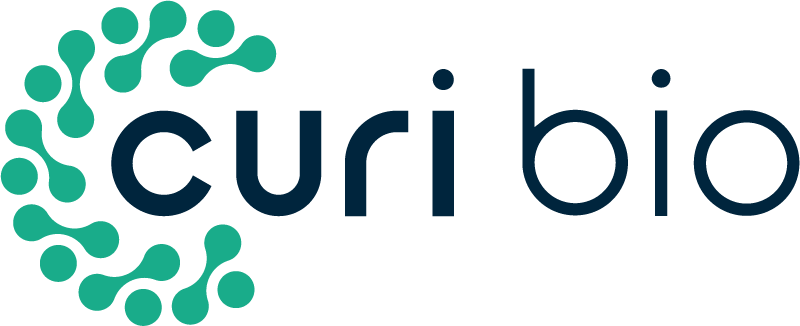Curi Bio is participating in the following two sessions at the virtual Cell Bio 2020 meeting:
Join Dr. Nicholas Geisse, CSO of Curi Bio at 3:00 PM EST on Tuesday, December 8, 2020 at Curi Bio’s Exhibitor Tech Talk “Stem Cell Maturation: Improving Predictivity in High-throughput 2D and 3D Models”.
Abstract Description
Cells in the body use a variety of cues from the extracellular matrix (ECM) to develop and mature physiologically. These influential cues help regulate a broad spectrum of processes such as cell signaling, division, and differentiation. Many in vitro platforms seek to incorporate these cues into the cell’s microenvironment but often fail, suffering from lack of reproducibility and incompatibility with other well-established end-point assays. Here, we demonstrate biomimetic in vitro platforms capable of reliably reproducing these essential cues. These platforms markedly improve the structural and functional development of a variety of cell types, including stem cells, cardiomyocytes, muscle cells, and more. We will discuss how these cutting-edge strategies are deployed in both 2D and 3D model systems for high-throughput assessment of metabolism, electrophysiology, and contractility. We describe how the differentiation of stem cells can be enhanced by providing a more biomimetic culture environment, with a particular focus on iPSC-derived cardiomyocytes and skeletal muscle cells. Finally, we demonstrate how to scale these technologies to 3D organoid systems, and how these approaches can improve the development of in vitro disease models to support the discovery of new therapies.
Join Dr. Nicholas Geisse, CSO of Curi Bio, and Dr. David Mack, University of Washington, at 1:45 PM EST on Friday, December 11, 2020 at the virtual Cell Bio meeting Special Interest Subgroup “Bioengineering in vitro Models of Disease”.
In this Special Interest Subgroup, we will explore contemporary uses of nanofabrication and stem cell engineering technologies side-by-side, and how they have driven the development of novel insights into human disease and set the stage for the development of novel therapies that do not rely on the use of animal or human models.



